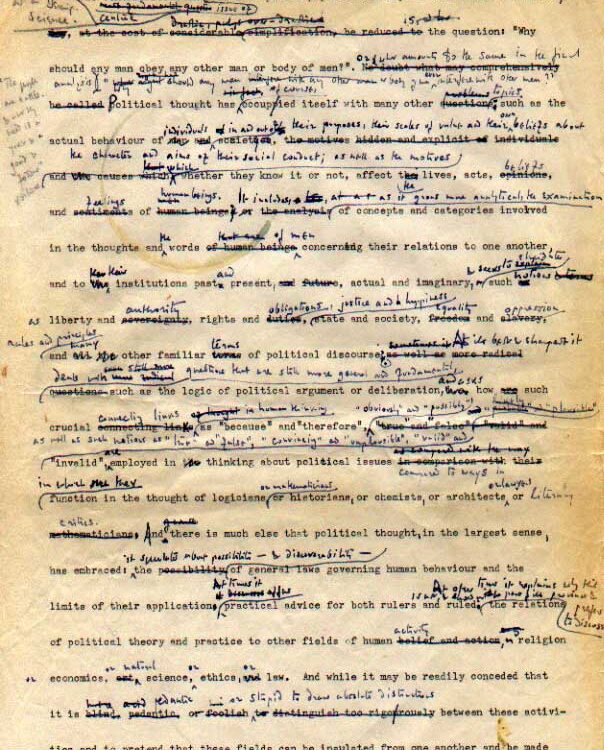July 21, 2013
The feeling that yoga philosophy is an inaccessible practice is not only fostered by the current structural limitations of Modern Postural Yoga trainings (max. 20 hrs. within 200!), but by two deeper forces: the abstract academic study of yoga that seems to turn it into a lifeless artifact, and traditionalist teaching structures that demand faithful allegiance as the price of transmission.



